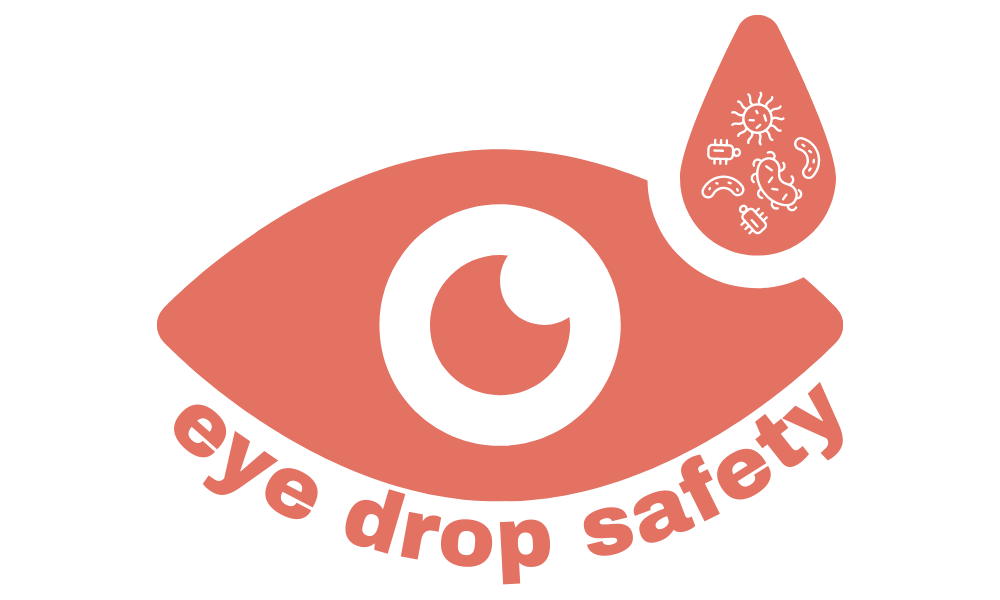Vision Monday: The Optical Community Weighs In on the Latest FDA Eye Drop Warning
Vision Monday - 11/3/23
This past week, the U.S. Food and Drug Administration warned consumers not to purchase and to immediately stop using 26 over-the-counter eye drop products, including products from CVS Health and Rite Aid, due to the potential risk of eye infections that could result in partial vision loss or blindness, setting off a flurry of press coverage in the medical community and the news media. The eye drops are marketed by CVS Health, Rite Aid, Cardinal Health, along with Target's Up & Up brand and Velocity Pharma, according to the FDA statement. In response to the recent warning, ODs around the country are stepping up to play an active role in educating concerned patients about eye drop and eye health safety. The agency also asked the manufacturer to recall all lots of the product after its investigators found insanitary conditions in the manufacturing facility.
Unfortunately, this is not the first time that eye drops have been in the news headlines.
• In August, the FDA warned consumers not to purchase and to immediately stop using Dr. Berne’s MSM Drops 5% solution and LightEyez MSM Eye Drops – Eye Repair due to bacterial contamination, fungal contamination, or both.
• In June, the Dry Eye Foundation identified more than 200 eye drops (62 brands) sold online that have potential safety issues. Of these, the majority were packaged exclusively for sale in a country other than the U.S.
• In April, the American Optometric Association (AOA) issued a warning to consumers to stop using EzriCare and Delsam Pharma’s Artificial Tears products by Global Pharma Healthcare. These eye drops were recalled after they were linked to potential bacterial contamination.
The Dry Eye Foundation recently announced the launch of an easy-to-search eye drop database called "Are My Eye Drops Safe?" Health care professionals and consumers can use this tool to find detailed information on over-the-counter eye drops sold in the U.S., including illegally marketed products, recalled products and products subject to FDA safety communications or warnings.
-Mary Kane for Vision Monday
